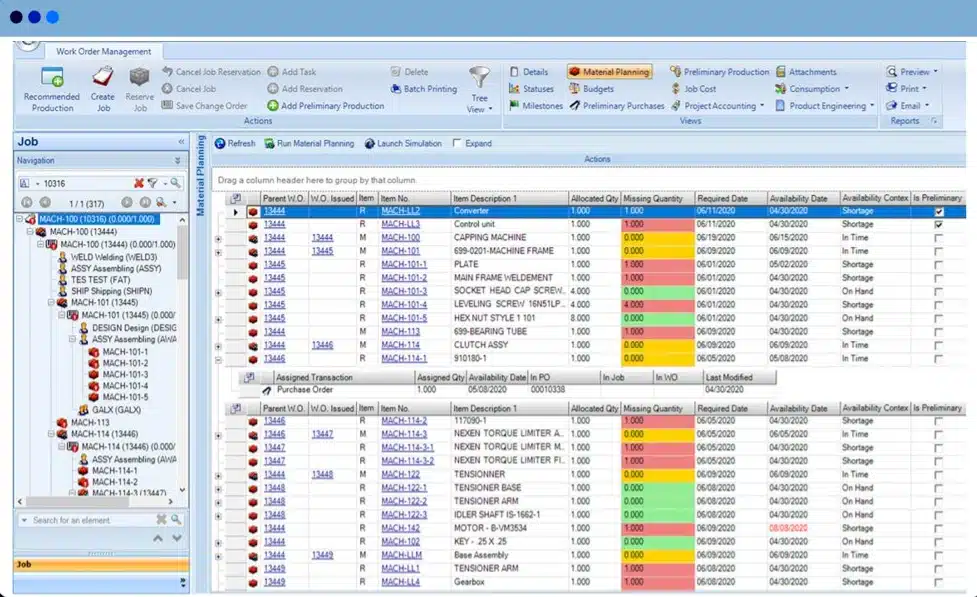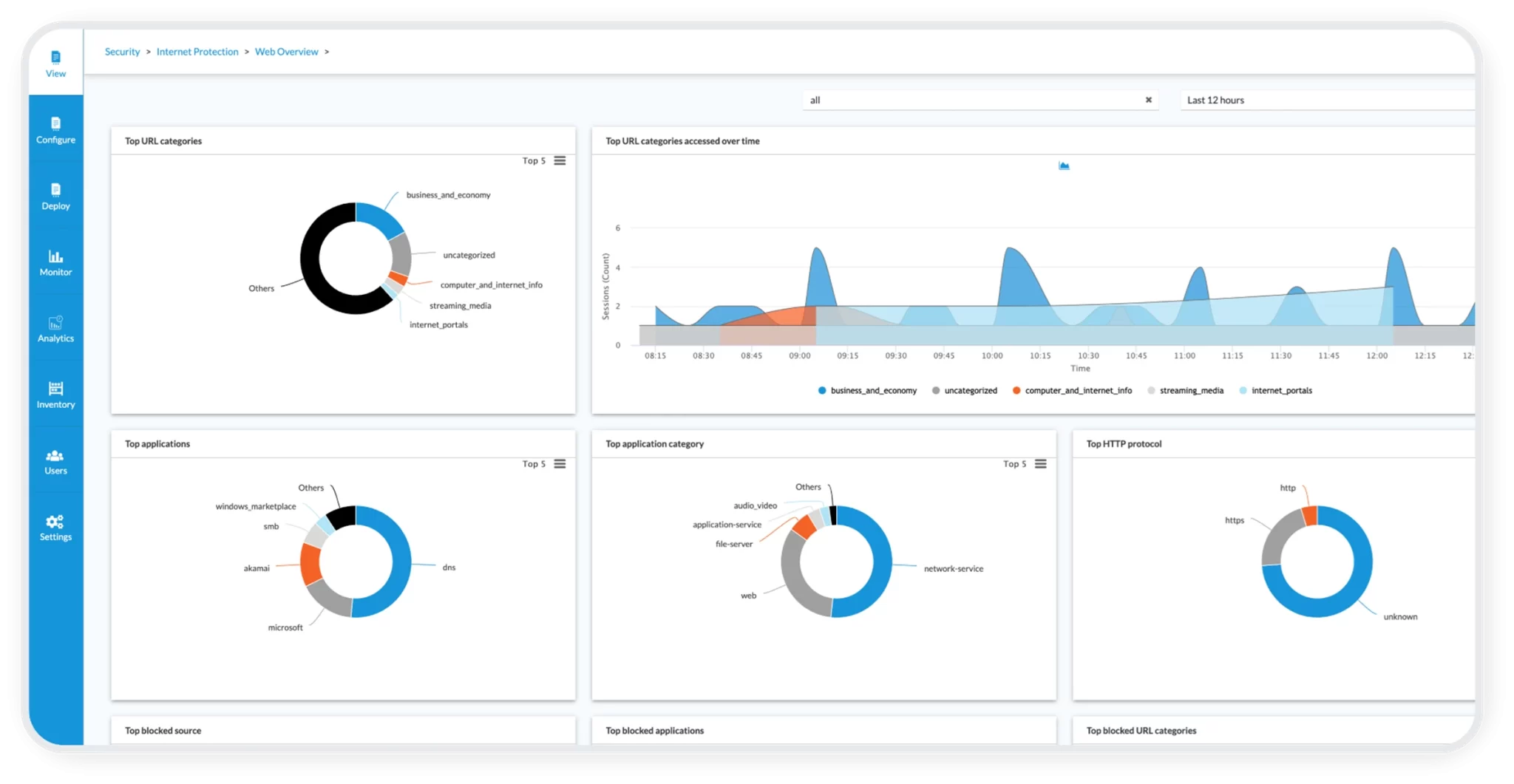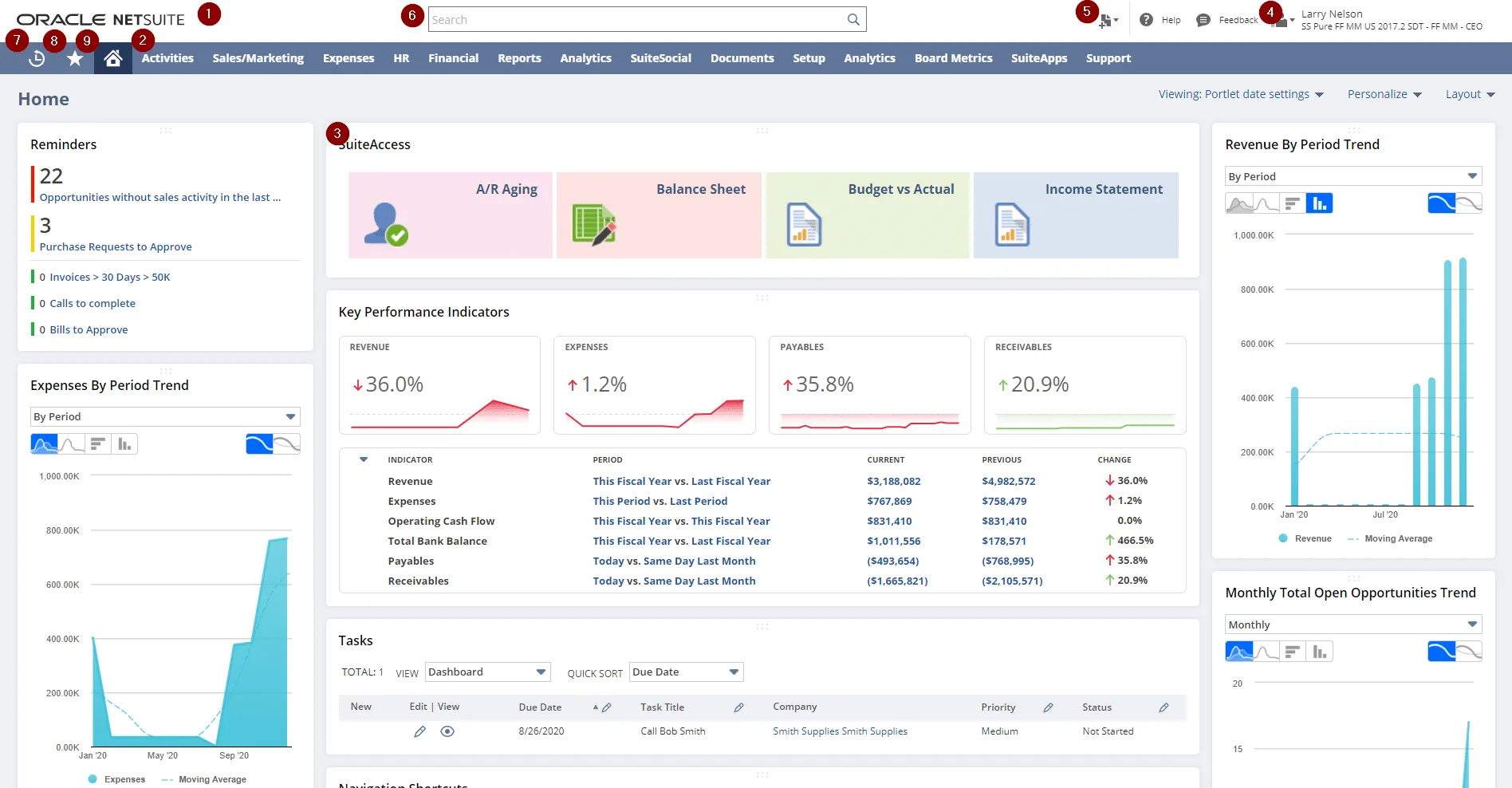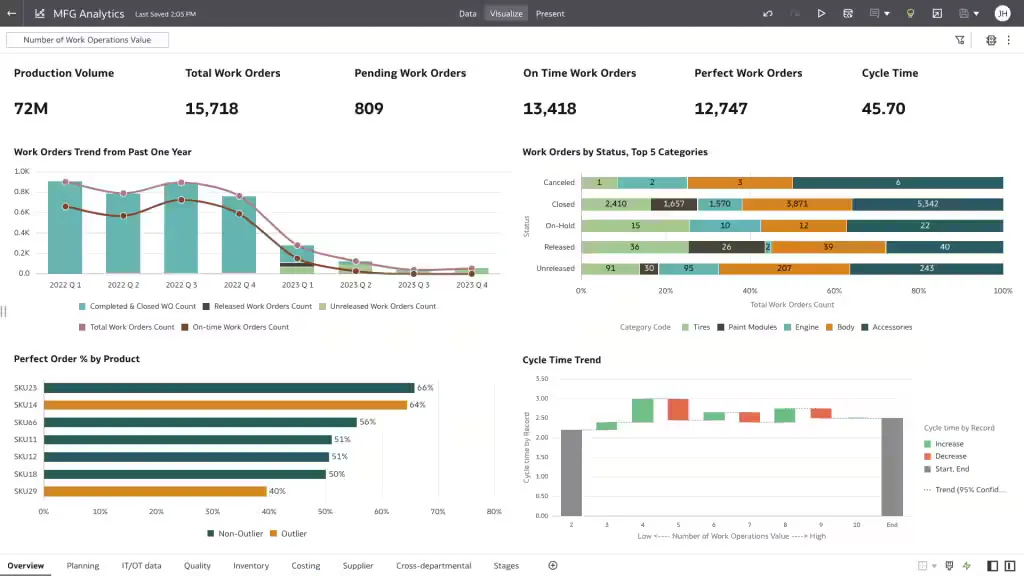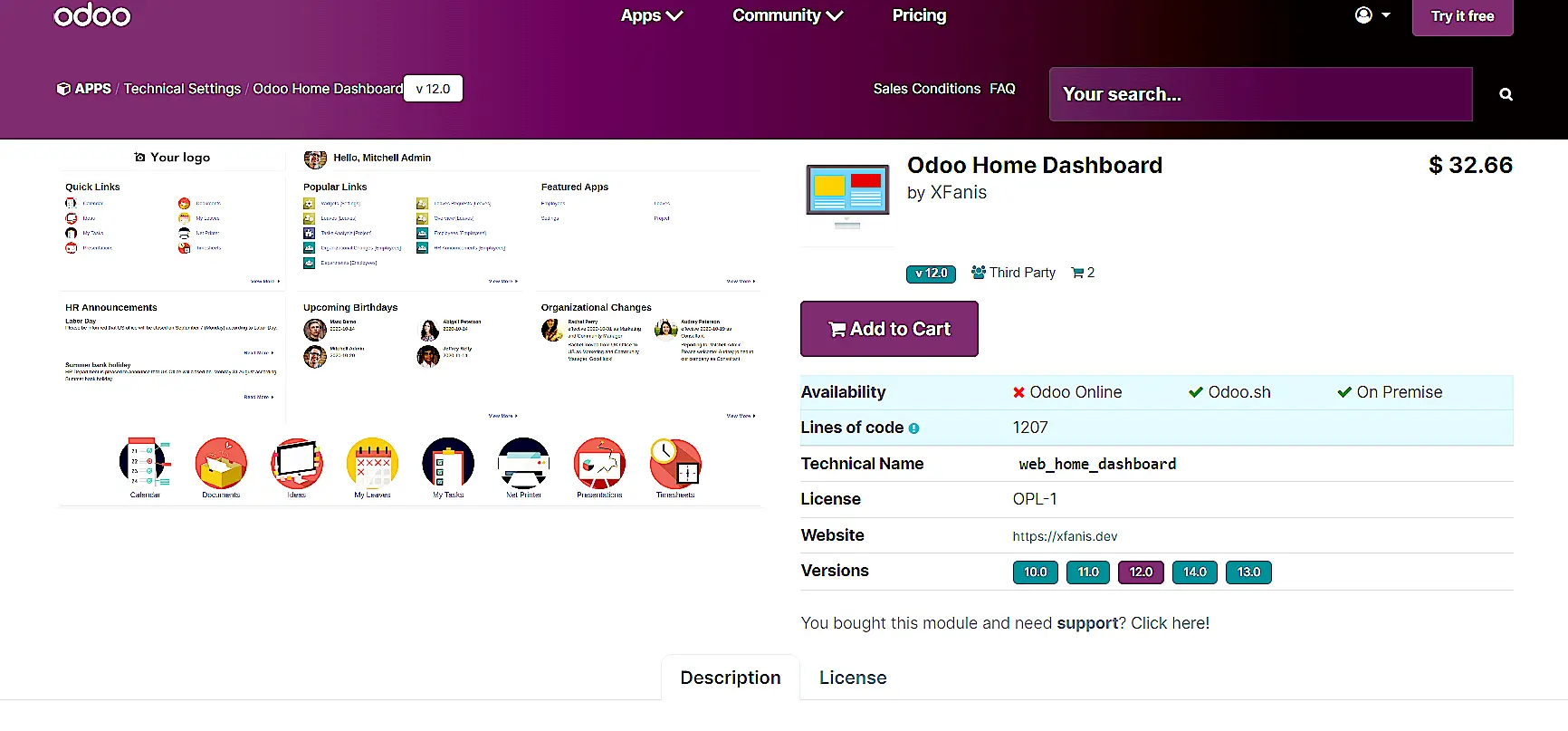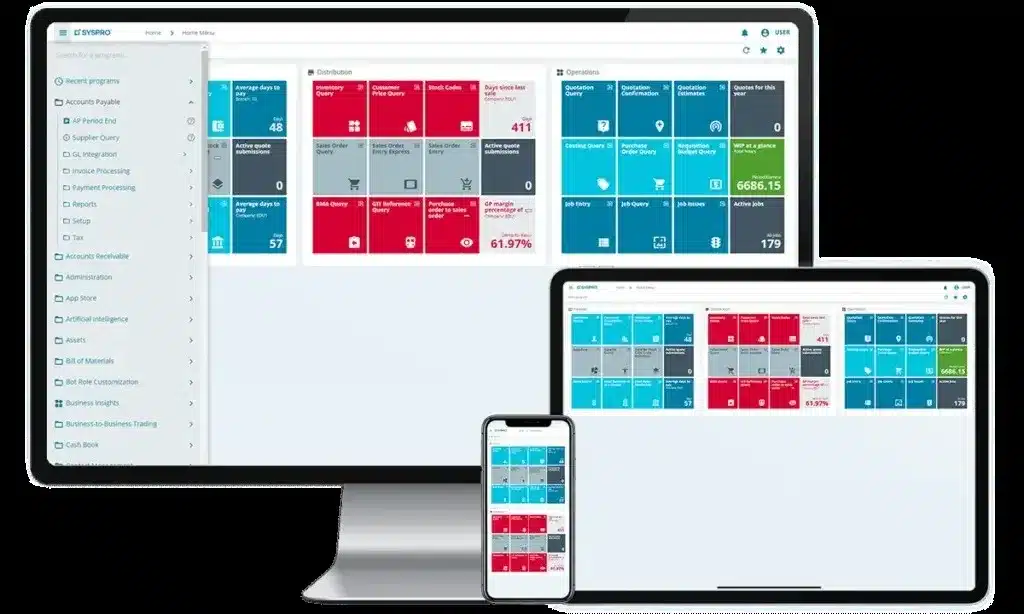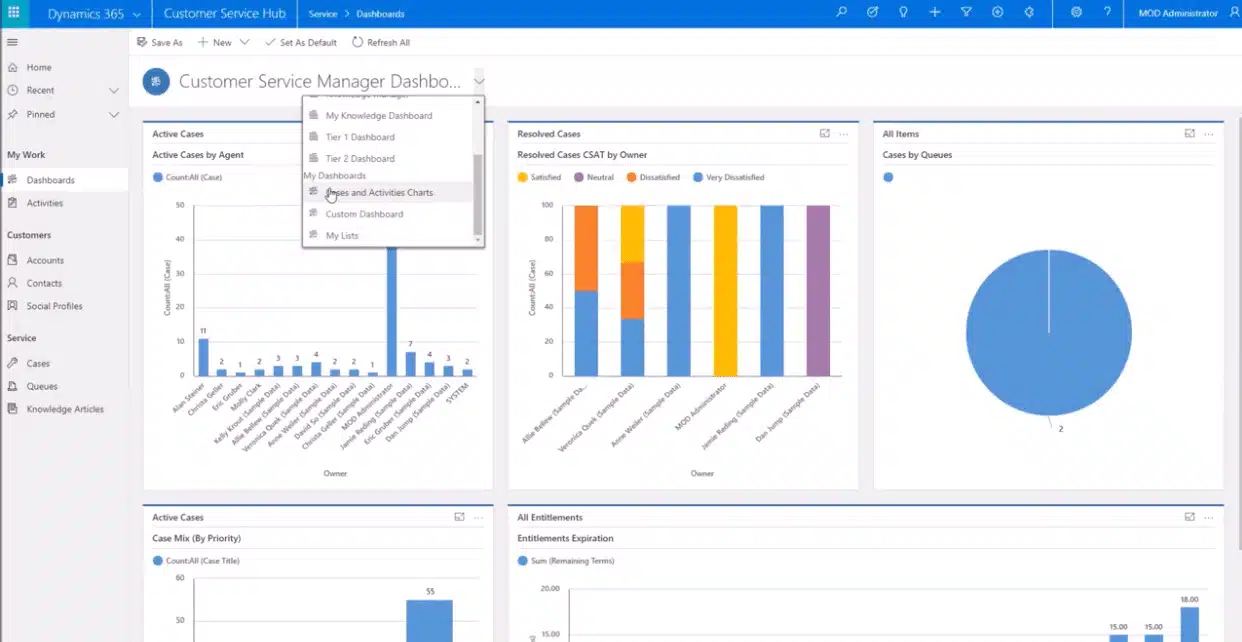Running a small business often presents a unique set of challenges, including manual data entry, difficulty tracking inventory in real-time, and a lack of integration between departments. Without a centralized system, these issues can lead to inefficiencies and poor decision-making.
That’s where Enterprise Resource Planning (ERP) becomes essential—even for small businesses. ERP helps streamline workflows, automate data across departments, and boost overall productivity without adding extra workload.
HashMicro offers a flexible, affordable ERP solution designed specifically to meet the needs of small businesses across industries. Curious how ERP can make a real difference for your business?
In this article, we’ll explore the importance of ERP for small businesses, why HashMicro is the right solution, and how you can experience it yourself through a free demo. Let’s dive in!
Key Takeaways
|
Table of Content:
Table of Content

Key Benefits of ERP Software for Small Business
Enterprise Resource Planning (ERP) systems play a crucial role in the success of Small and Medium-sized Enterprises (SMEs) in Singapore, offering several key benefits that are particularly important in the dynamic and competitive business environment of this region.
1. Efficiency and productivity
ERP systems for small businesses streamline business processes by integrating various functions like finance, HR, sales, and supply chain management into a single platform. This reduces the need for manual data entry and the risks of errors, leading to increased efficiency and productivity.
2. Data-driven decision making
With ERP, SMEs in Singapore gain access to real-time data across all departments. This integrated data analysis enables more informed and quicker decision-making, which is vital in the fast-paced Singaporean market.
3. Compliance and risk management
Singapore’s regulatory environment is dynamic and can be complex. ERP software for small businesses helps SMEs stay compliant with local laws and regulations by providing tools for tracking and managing compliance-related data. This reduces the risk of non-compliance penalties and enhances corporate governance.
4. Cost reduction
While the initial investment in an ERP system can be significant, over time, it helps SMEs in Singapore reduce operational and administrative costs. By optimizing processes and eliminating redundant tasks, businesses can achieve greater cost efficiency.
5. Scalability
As SMEs grow, their systems and processes need to adapt. ERP systems are scalable, allowing businesses to add new functionalities and modules as they expand. This adaptability is crucial in a country like Singapore, where many SMEs are on a growth trajectory.
6. Enhanced customer service
Small business ERP software often includes Customer Relationship Management (CRM) components, which help SMEs better understand and respond to customer needs. This is particularly important in Singapore’s service-oriented economy.
7. Global competitiveness
In a global hub like Singapore, SMEs often compete not just locally but also on an international stage. ERP systems enable SMEs to operate at global standards, manage international transactions more efficiently, and compete effectively worldwide.
8. Improved inventory management
For SMEs dealing with physical products, ERP systems offer sophisticated inventory management tools. These tools help in maintaining optimal inventory levels, reducing holding costs, and improving order fulfillment processes.
9. Technology integration
Singapore is at the forefront of technological innovation. ERP systems can integrate with emerging technologies like AI, IoT, and blockchain, helping SMEs stay ahead in the technology curve.
Choosing the right tools for small business is essential to streamline operations, improve efficiency, and support long-term growth.
10. Talent attraction and retention
In Singapore’s competitive job market, working with advanced systems like ERP can make an SME more attractive to top talent. Additionally, such systems can improve employee satisfaction by reducing mundane tasks and enabling a focus on higher-value work.
In summary, ERP systems are more than just a software solution for SMEs in Singapore; they are a strategic tool that can significantly contribute to their growth, efficiency, and competitiveness in both local and global markets. Small businesses can also gain highly approved discounts of up to 70% with a CTC Grant.
8 Best ERP Software for Small Business
To find the best software in the market, companies must consider several factors according to the vendor’s reputation and ability. Here are the seven best ERP software for small businesses.
1. HashMicro
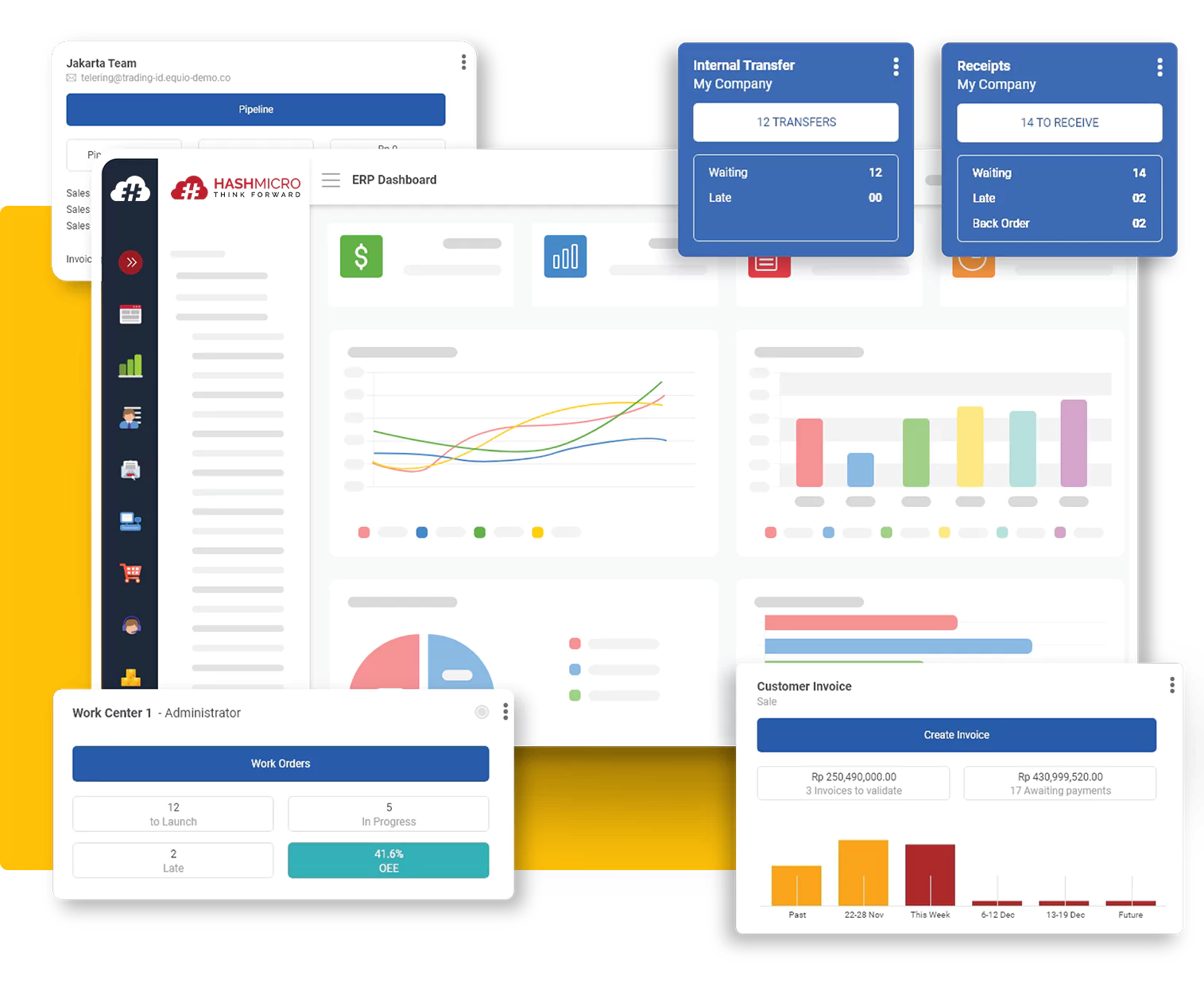
In 2015, HashMicro released a cloud-based ERP software designed to automate and simplify corporate operations.
Trusted by over 350 clients across Southeast Asia, HashMicro offers scalable, customizable solutions that improve efficiency and data accuracy. Experience how it can transform your business by starting a free demo of HashMicro ERP today.
Key features:
- Integrated Business Intelligence (BI): This capability delivers powerful analytics and live performance tracking, enabling companies to make informed decisions through customizable dashboards and KPI indicators.
- Mobile Accessibility: With mobile app support, users can manage ERP functions anytime and anywhere, increasing operational efficiency and real-time responsiveness.
- WhatsApp Connectivity: Seamless integration with WhatsApp enables smoother internal and external communication, enhancing workflows and improving customer interactions and support services.
- Role-Based Access Control: User access is managed according to specific roles, ensuring data security and preventing unauthorized activities by limiting system access appropriately.
- AI-Powered Reports and Insights: Automatically created reports and explanations provide clear, accurate overviews of business performance, supporting better strategic decisions.
- Hosting Flexibility: Businesses can select cloud, on-premise, or hybrid hosting options to align with their data security, compliance, and infrastructure preferences.
HashMicro serves a variety of businesses, and we understand that it is currently developing the technology to be relevant to a broader range of industries. It also made significant investments in reliable modules that operate effectively when purchased separately.
2. GeniusERP
Genius ERP is a comprehensive enterprise resource planning solution designed specifically for manufacturers and also distributors. It’s great for businesses that do make-to-order, engineer-to-order, custom-to-order, and also assemble-to-order work.
Accurate estimating inventory control, order management, procurement planning, and also account administration are all notable characteristics. Genius ERP streamlines difficult production management by providing additional features such as product engineering and field service.
Key feature:
- Production planning and scheduling
- Engineering-to-order (ETO) support
- BOM (Bill of Materials) and product configuration
3. Versa Cloud ERP
Versa Cloud ERP is designed for small businesses that require comprehensive resource planning capabilities. The program assists them in monitoring, managing, reporting, and consolidating data across inventory, revenue, and also reports.
This ERP, as a cloud-based solution, can be accessed from any location using a desktop or mobile device. It delivers real-time financial and operational data to managers, allowing them to make better decisions.
Key features:
- Integrated accounting and finance
- Inventory and order management
- Purchasing and vendor management
4. NetSuite ERP
NetSuite ERP is a cloud-based solution that helps thousands of enterprises gain improved visibility into their operations. The suite is a comprehensive solution for automating e-commerce, inventory management, supply chain management, financials, and also CRM.
The system includes dashboards and real-time data. It gives a real-time perspective of performance, from the highest level of consolidation down to individual transactions.
Key features:
- Financial management and planning
- Order and billing management
- Procurement and supply chain operations
5. Oracle
Oracle Fusion Cloud ERP is a complete solution for business process management. Material planning, financial accounting software, and also business intelligence are all part of the application suite.
To achieve a unified perspective of company workflow, you can combine the system with your existing SaaS software solutions and also use a variety of Oracle technologies.
Key features:
- Risk and compliance monitoring
- Supply chain planning and logistics
- AI-driven analytics and automation
6. Odoo
Odoo is well worth a look if you’re searching for a low-cost ERP system. Without the need for additional software, this open-source solution may be utilized to streamline your entire organization.
Odoo ERP modules include those for production, inventories, projects, and also accounting. There are also over 23,000 third-party apps that work in tandem with native Odoo apps. Learn more about this ERP provider in our in-depth Odoo review article.
Key features:
- E-commerce and website builder
- Invoicing and payment tracking
- Project and task management
7. Syspro ERP
SYSPRO is a mature platform that has matured into a full-fledged solution with a history dating back to 1978.
This is an ERP solution designed to assist small to medium-sized enterprises (SMBs) in manufacturing and also distribution. The system’s modular design makes it simple to customize. As needed, other features such as warehouse management and also inventory control can get implemented.
Key features:
- Business process automation
- Role-based dashboards and real-time reporting
- AI and IoT integration for smart manufacturing
8. Microsoft Dynamics 365 ERP
Microsoft Dynamics 365 is a cloud-based ERP and CRM solution from Microsoft designed to unify financial, operational, and customer management processes within a single integrated platform.
Suitable for mid-sized to large businesses, it offers flexibility, scalability, and seamless integration with the Microsoft ecosystem, including Office 365, Power BI, and Azure.
Key features:
- Financial Management
- Supply Chain Management
- Sales and Customer Service
Also read: 7 Main Benefits of ERP Software in the Wholesale Industry
Challenges and Opportunities of ERP Software for Small Business
Implementing ERP software in a small business may seem daunting at first. However, behind every challenge lies an opportunity to improve efficiency, streamline operations, and support long-term growth.
1. Limited budget and resources
Small businesses often work with constrained budgets, making the upfront cost of ERP implementation a major concern. Licensing, setup, and training can appear costly.
On the upside, many modern ERP solutions now offer modular pricing and scalable packages, allowing businesses to start small and expand as they grow—turning cost into a manageable investment.
2. Change management and team readiness
Adopting a new system requires changes in workflow and mindset. Teams may resist the shift from manual processes to a digital platform, especially if they lack technical experience.
This challenge also presents a valuable opportunity: with proper training and support, staff can adopt new skills, reduce repetitive tasks, and improve productivity over time.
3. Choosing the right solution
With so many ERP options on the market, finding one that fits the needs of a small business can be difficult. Some systems are too complex or packed with features meant for large enterprises.
This challenge emphasizes the importance of selecting a solution that is simple, flexible, and tailored to the scale of the business—ensuring better usability and faster return on investment.
4. Data integration and visibility
Many small businesses operate using disconnected tools, leading to fragmented data and inefficiencies. Implementing ERP provides the opportunity to centralize data from all departments into a single platform.
This improves visibility, enhances reporting accuracy, and supports data-driven decision-making.
While ERP implementation comes with its set of hurdles, each one also opens the door to stronger operational control and sustainable business growth when approached strategically.
Differences Between ERP Software for Small Business vs Enterprise
ERP (Enterprise Resource Planning) systems are widely used by organizations of all sizes—but not all ERP solutions are created equal. Below are key distinctions between ERP software for small businesses and those built for enterprises.
1. Scope and features
ERP software for small businesses typically focuses on essential operational needs such as accounting, sales, inventory, and basic HR. These systems are designed to be simple, user-friendly, and streamlined for quicker adoption.
In contrast, enterprise ERP systems offer a much broader and more complex range of features, including supply chain management, multi-branch reporting, advanced automation, compliance tools, and multi-entity support.
2. Customization and flexibility
Small business ERP solutions often offer out-of-the-box functionality with limited customization to speed up deployment and keep costs low. However, they still allow room for gradual scalability as the business grows.
On the other hand, enterprise ERP systems are highly flexible and designed to be deeply customized to match the specific workflows and structures of large organizations. This level of customization allows seamless integration into complex operations but usually requires more time and resources.
3. Cost and implementation time
When it comes to cost, small business ERP systems are generally more affordable, especially with the availability of cloud-based, subscription-based models. Implementation is usually faster and less resource-intensive, often completed within weeks.
In contrast, enterprise ERP solutions involve significant investment in software licenses, infrastructure, staff training, and long-term support. Implementation can take several months or more, depending on the scale and complexity of the organization.
4. User experience and IT support
ERP for small businesses emphasizes ease of use, with intuitive interfaces that require minimal training. This is important because many small businesses lack dedicated IT teams.
Meanwhile, enterprise ERP software tends to be more complex and feature-rich, requiring structured training programs and support from in-house IT staff or external consultants to ensure proper use and maintenance.
Conclusion
A cloud-based ERP solution takes advantage of all the benefits of cloud computing to manage your corporate resources. Your ERP vendor hosts and also manages all software tools in the cloud.’ This allows your management team to focus on running your business rather than managing IT.
You’re now well-informed about the ERP system choices suitable for your small business. HashMicro’s ERP solution can effectively support your business growth. Get started today by trying a free demo of HashMicro ERP.
FAQ About ERP Software for Small Business
-
What size company needs an ERP?
Yes, companies of all sizes use ERP systems. In fact, over 70% of large organizations rely on ERP or comparable business management tools. Regardless of size, every company can benefit from implementing an ERP solution.
-
What are the 4 types of ERP?
An ERP system can be deployed in four main ways: on-premise, cloud-based, two-tier, and hybrid. Each deployment model comes with its own advantages and limitations, so businesses need to evaluate which option aligns best with their operational requirements.
-
Are ERP and SAP the same?
SAP is a prominent provider of ERP (Enterprise Resource Planning) software, delivering a comprehensive set of tools to streamline business operations. Although ERP is a general term for systems that integrate key business functions, SAP represents a specific ERP platform recognized for its scalability, specialized industry features, and worldwide adoption.






